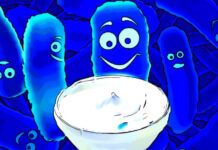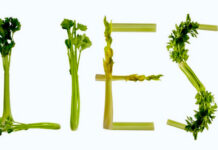Maximum intake levels of vitamins, and caffeine. Italy moves forward, Europe slows down. Food for thought.
European regulations on‘Nutrition & Health Claims‘ and food fortification (1)-by the addition of vitamins, minerals and other substances-appear to have prioritized the addition of micronutrients over the potential risks associated with their overdose.
The EU Court of Justice, in its April 27, 2017, judgment, (2) ruled that it is impossible for member states to set maximum daily intake levels of vitamins where contrary to the appropriate opinion of the European Food Safety Authority. (3)
In the absence of harmonized standards at the European level, according to the Luxembourg judges, any such determination must come based on estimates from international scientific bodies, taking into account actual micronutrient intake levels among the populations concerned.
Italy had already set maximum intake doses for vitamin D (dose of 25 micrograms, later raised to 50), vitamin B12 (33 micrograms, later 1000) and vitamin K (105 mcg, later 189 mcg).
The Ministry of Health, in a special note, (4) then defined the maximum doses. To be applied among other things to the use of caffeine, in dietary supplements. A national measure already notified to industry representatives, not yet to the European Commission.
The Italian standard is sure to have an impact on productions, as it sets the dose of caffeine that can be taken on a daily basis through supplements at 200 mg. While Efsa referred the limit of 200 mg to the single dose (dietary or from supplements), within a maximum threshold of 400 mg on a daily basis.
The health claims on caffeine allowed by the Ministry of Health, moreover, are only two. Increased levels of attention and concentration, associated with an intake of at least 75 mg of caffeine. To go with the recommendation not to exceed a maximum daily intake of caffeine, from all sources, of 400 mg.
Two different interpretations confirm elastic room for maneuver, which companies must know how to handle carefully before placing potentially critical products on the food or supplement market.
Dario Dongo
Notes
(1) Respectively, reg. EC 1924/06 as amended, reg. EC 1925/06
(2) Case C-672/15
(3) European Food Safety Authority, EFSA
(4) Prot. 6191-P-22/02/2017
Dario Dongo, lawyer and journalist, PhD in international food law, founder of WIISE (FARE - GIFT - Food Times) and Égalité.








